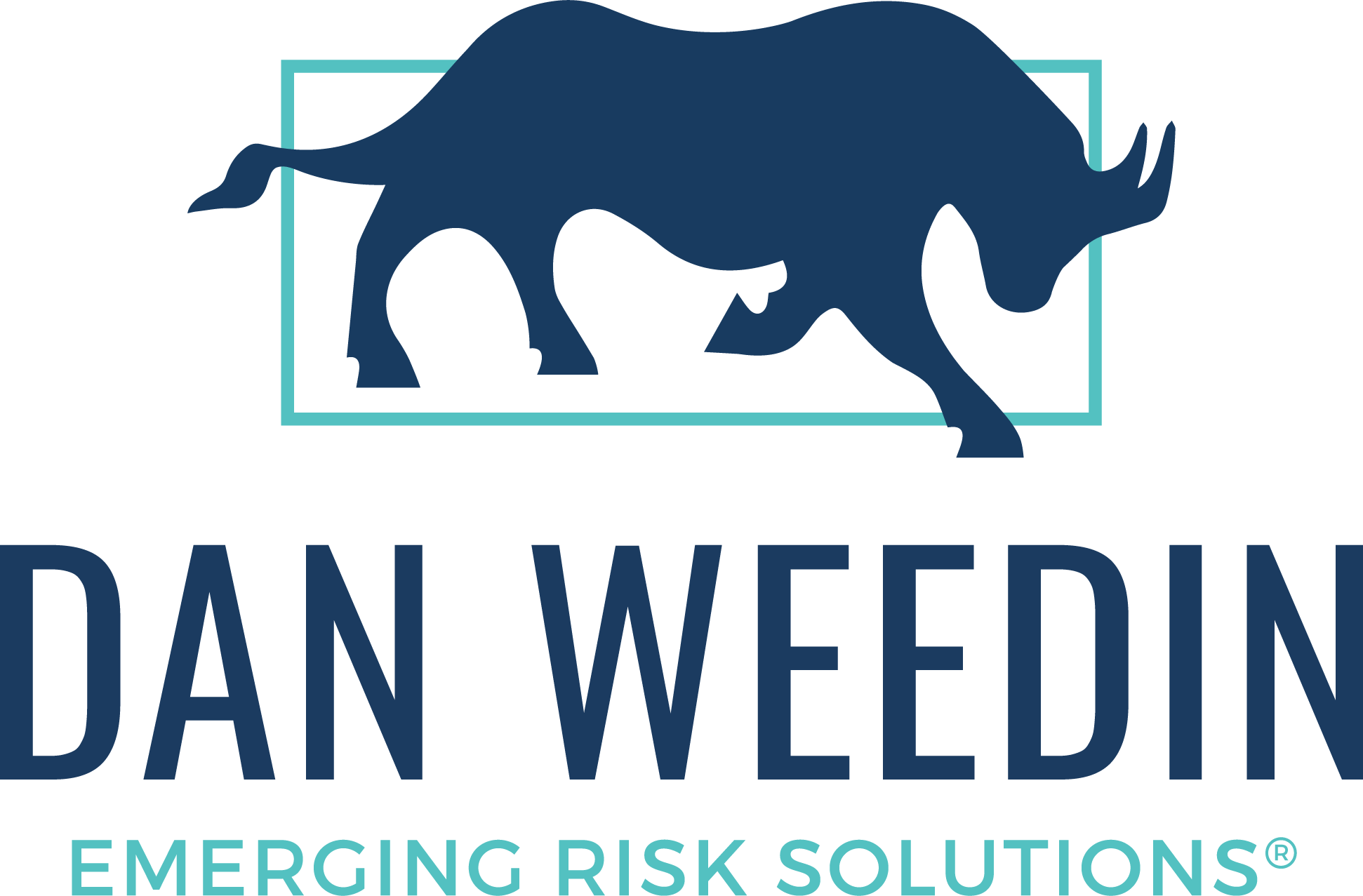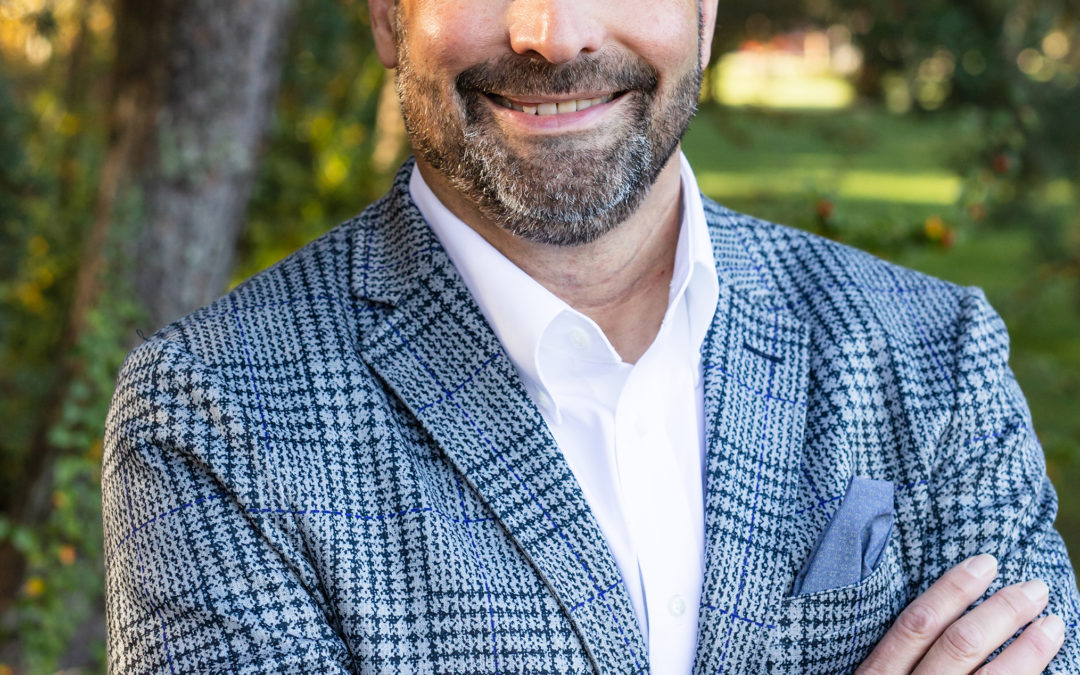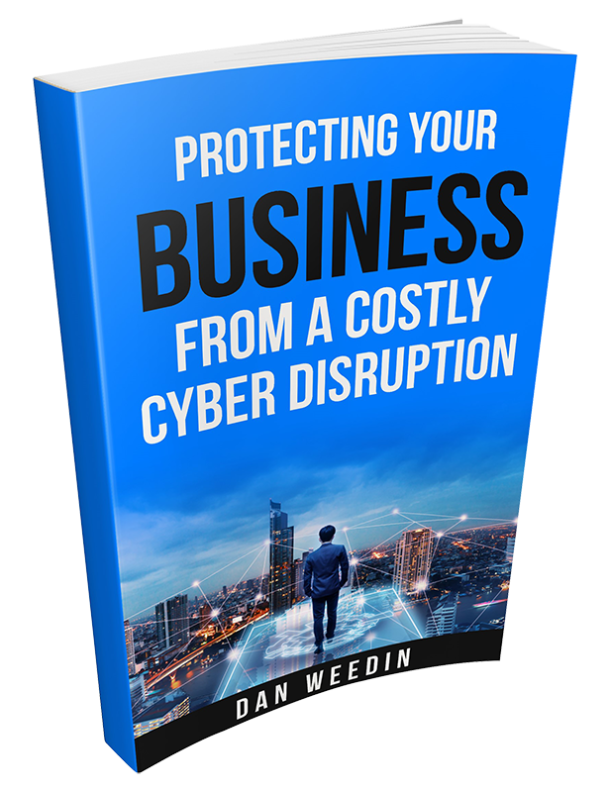Recently, I had the opportunity to read several letters from high school coaches nominating student-athletes for a prestigious award. I didn’t know most of the young athletes, so I was going almost purely off the coaches words.
I found myself drawn to vote for the male and female nominees where the coach’s words resonated with me. The nomination letters in these cases were expressive, told stories, and were grammatically well-written. They provided a clear picture of the student-athlete. This was in stark comparison to a few nomination letters that were more pithy, less extensive in accolades, and without stories to expound the virtues of their nominee.
In recent weeks, I’ve interviewed guests on the Shrimp Tank Podcast where the topic of “unconscious bias” came up.
In one situation, it was around interviewing startup businesses being funding by venture capitalists; the other one on on hiring practices. Both guests shared experiences and examples of how a person could unintentionally be biased towards others either to fund or to hire based on their own experiences, backgrounds, and personality.
I realized that I had fallen into this trap. I’d done it before without noticing.
I write with a certain style. When I provide letters of recommendation (which I get asked for a lot), they are effusive about the qualities of the person. Similarly with business reviews and testimonials, I aim to be meticulous down to each word being written.
It became clear that I had an unconscious bias towards the nomination letters that looked more like mine and against those that didn’t. Without intending to, I was more dismissive of a student-athlete’s nomination based solely on what I perceived as a negative in the coach’s writing style. As I thought more about it, I realized that I’ve always done this, whether it was for interviews of exchange students, scholarship seekers, and even in business. My bias is towards good writers and speakers.
Unconscious bias is not a weakness in character. It’s simply part of being a human.
We unintentionally will tend to gravitate towards those who are like us. That includes gender, race, hometown, college or university, military background, favorite sports teams, association affiliations, and a gazillion other things.
Both guests on the show illustrated the dilemma this causes in their fields.
Listen to Jenn LeBlanc on Business Funding: LINK
Listen to Marcie Glenn on Recruiting and Hiring Talent: LINK
This also is an issue as relates our own businesses and lives. Unconscious bias can have unintended consequences in whom we hire and fire, take on as clients, network with, and associations we join (or not).
In our personal lives, it can lead directly to with whom we spend our time and build relationships with. It might cause us to dismiss those that don’t look like us, act like us, speak like us, be where we are from, or a myriad of other seemingly small yet potentially insidious things.
As both my guests mentioned, unconscious bias isn’t something any of us can eliminate. We must however become more conscious of where we can be dismissive or inequitable. Otherwise, we will miss out on opportunities to meet new people that might add great value to our businesses and lives; and fail to offer similar opportunities to those who deserve them.
Keep chasing unleashed.
Quote of the Week:
“When something is important enough you do it even if the odds are not in your favor.”
~ Elon Musk
© 2022 Toro Consulting, Inc. All Rights Reserved
Unleashed is the registered trademark of Toro Consulting, Inc.


